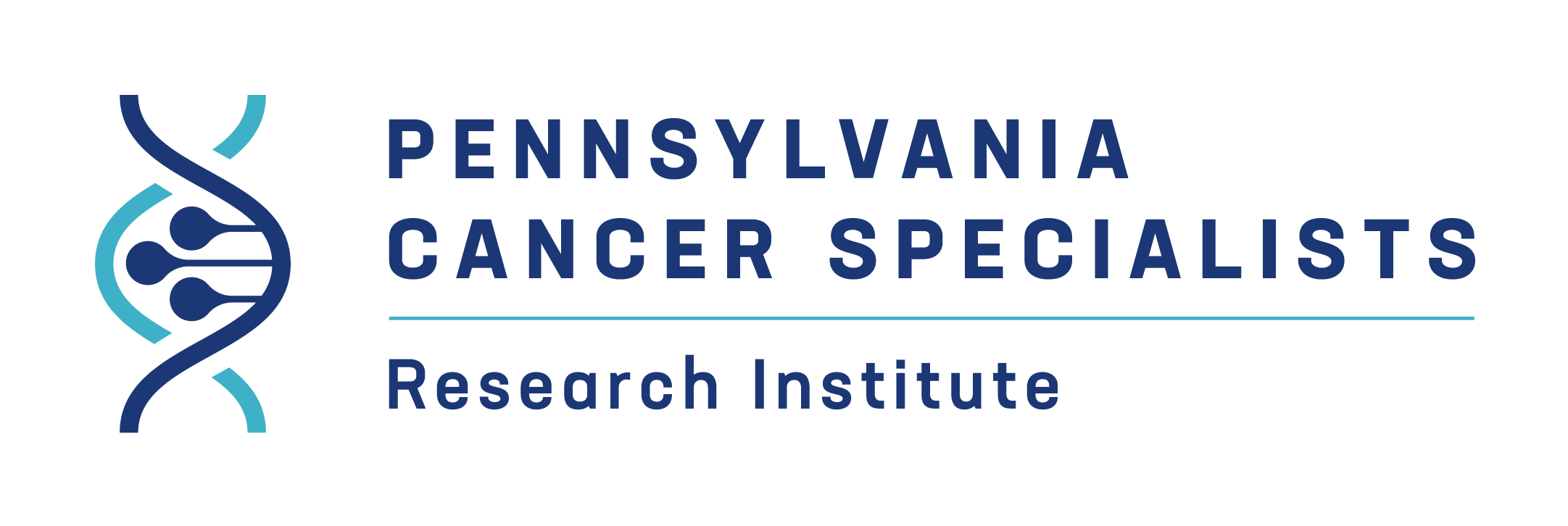What to Know Before Joining a Clinical Trial
Joining a cancer treatment clinical trial helps play a pivotal role in advancing cancer research and improving treatment outcomes. Every April, we honor National Cancer Control Month and the impact clinical trials have on cancer control. This month is a time to raise awareness about cancer prevention, early detection, improving cancer treatments, increasing the survival rate of cancer, and improving the quality of life for people living with cancer. Before joining a clinical trial, it’s important to be well-informed and understand the benefits and risks. Here’s what to know and the questions you should ask before participating in a clinical trial.
What are Clinical Trials?
Clinical trials are research studies that test the effectiveness and safety of medication or treatments. These trials study new and improved ways to treat cancer, relieve symptoms and side effects, and prevent cancer. The Food and Drug Administration requires clinical trials to be conducted to ensure they work and are safe before they are approved for use.
Why are Clinical Trials Done?
- Is the treatment safe?
- Is the treatment effective?
- Does the treatment work better than an existing treatment?
- Does the treatment work for everyone with a specific cancer?
- What dose of the treatment works best?
- Does the treatment cause any side effects?
- If side effects are caused, how severe are they?
What are the Different Types of Cancer Clinical Trials?
A variety of clinical trials are being conducted, including treatment, prevention, screening, supportive care, and palliative care trials.
Treatment Trials
The majority of cancer clinical trials are cancer treatment studies. These trials test new treatments or new ways to manage existing treatments, including medication, vaccines, surgery or radiation therapy approaches, or treatment combinations.
Prevention Trials
Prevention trials analyze ways to prevent cancer and consist of either action studies or agent studies. Often, participants in these trials don’t have cancer, but are at a high risk for developing it, or previously had cancer and are at high risk for developing a new type of cancer.
Screening Trials
Cancer screening trials aim to test ways to detect cancer before it causes symptoms and is found at a stage that might be more treatable.
Supportive Care and Palliative Care Trials
Supportive care and palliative care trials help manage symptoms and side effects, to improve the quality of life for people with cancer. Some of these trails help family members and caregivers cope while navigating and supporting a loved one with cancer.
Questions to Ask
- Why is this clinical trial being done?
- What phase is this clinical trial in?
- What are the benefits and risks of participating in a clinical trial?
- Am I eligible to participate?
- What should I do if I’m in a clinical trial?
- Will I know what treatment I receive?
- What side effects might I expect from the trial treatment?
- Will I be able to find out about the results of the clinical trial?
- Can I quit a clinical trial?
Sources:
Cancer.Net: About Cancer Clinical Trials


